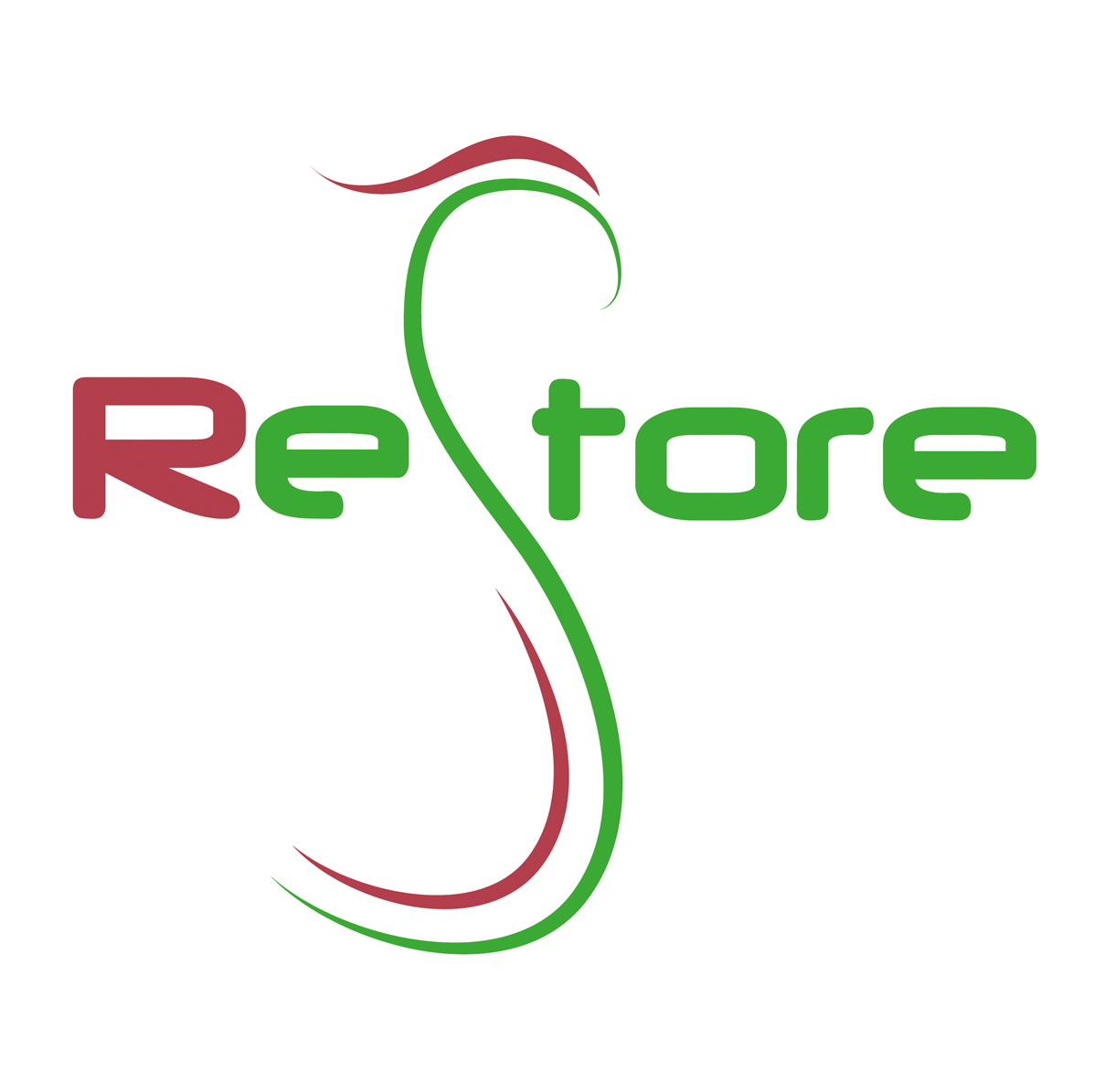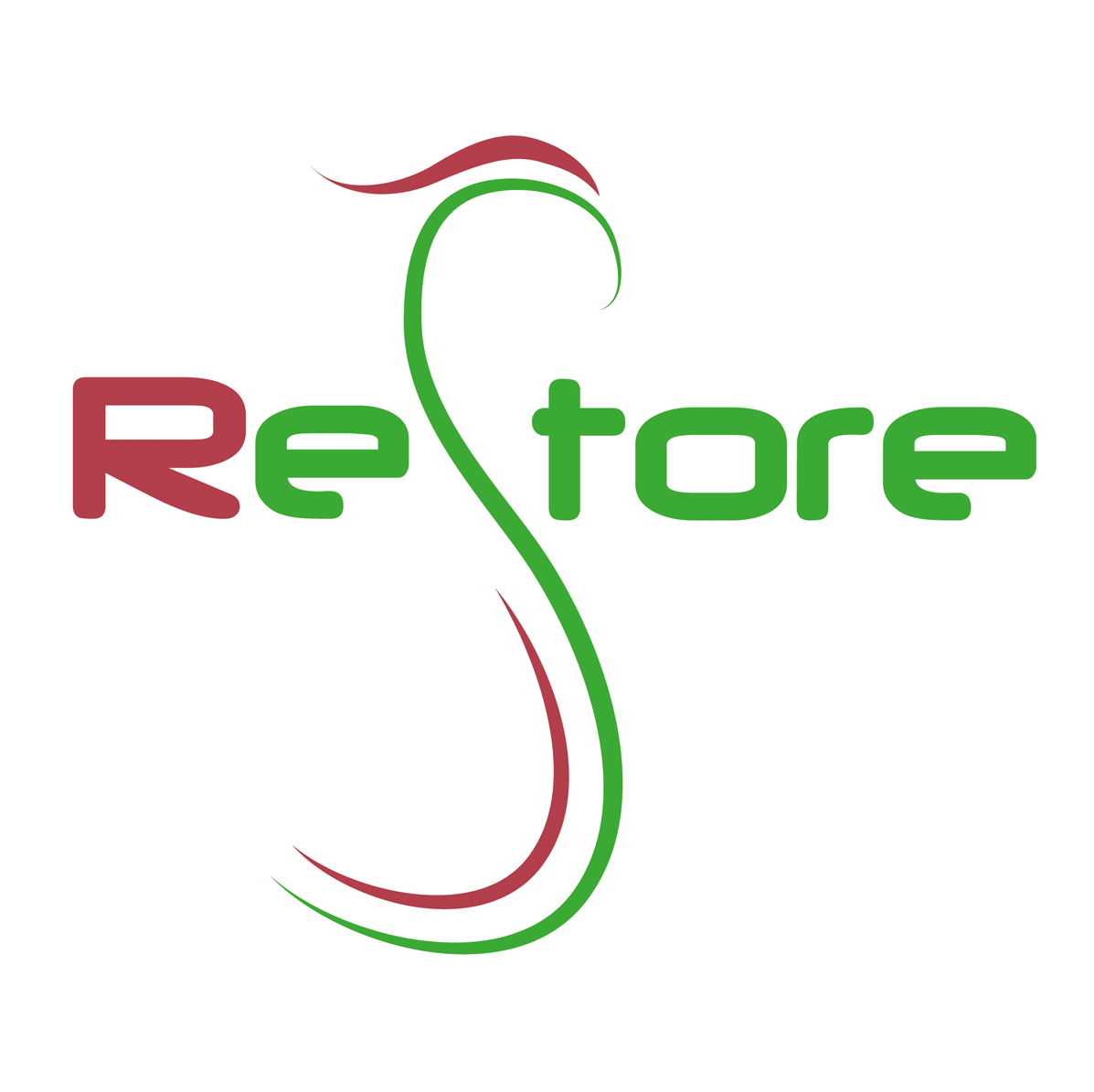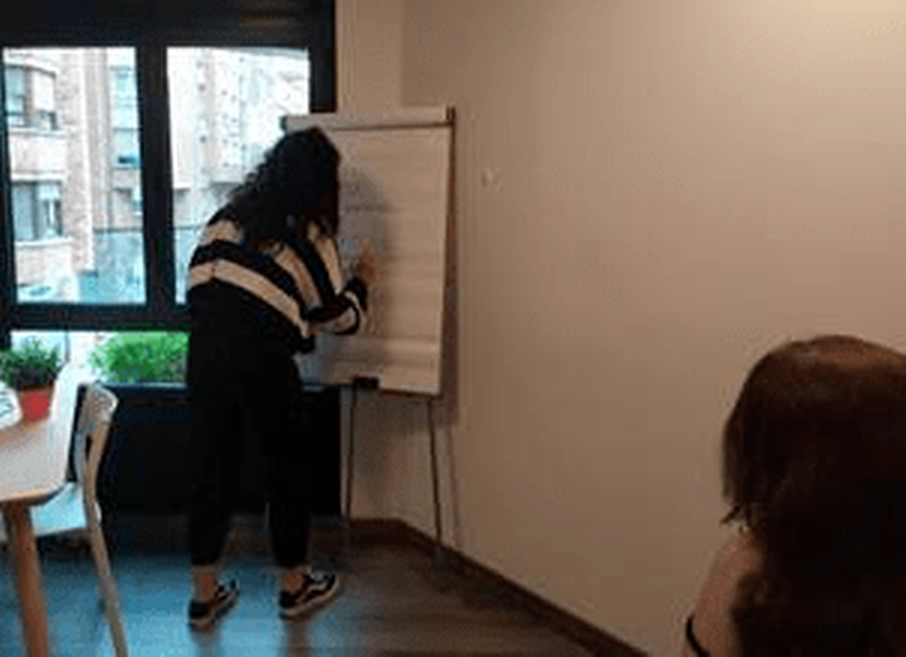On 11 June 2020, in Gijón, Magenta Consultoria held a national round table which gathered ten participants among external speakers and members of the organisation. After a brief introduction about each participant led by the facilitator, the meeting went through a short presentation of the RESTORE project, its partnership and objectives. All participants agreed on the fact that the Social Theatre Operator should have a solid background experience in managing groups, with particular attention to vulnerable groups suffering from social or economic difficulties. According to many, the Social Theatre Operator (STO) should be familiar with different facilitation techniques, as well as have some previous experience in the field of pedagogy. There was general agreement on the importance of a two-way knowledge for the STO, that is the need to combine the competencies of the theatre professional with knowledge and experience in working within and for the community. In this regard, one of the participants pointed out that theatre is per se social, as it is not conceivable outside of society.
Therefore, participants recognised the need to design a specific STO training course focusing both on social theatre and community work, and dealing with different facilitation techniques and public speaking skills as well. Indeed, the person who facilitates needs to be able to get the most out of the group, making individuals reflect on and overcome their personal issues. It was underlined how the focus of such training is always the people, and not only the figure of the STO or facilitator. At the same time, participants pointed out the importance of having a deep knowledge of the world of theatre and related techniques in order for the STO to properly adapt to the actual needs of the target groups, along with some skills in project development and evaluation. These competencies would allow the STO to be aware of the impact of the project on the community, to carry out an evaluation as the project progresses, to perform a cost-benefit analysis, etc. The majority of speakers agreed that the ideal would be for such training course to be accessible to everyone, in order not to lose the revolutionary character of social theatre, even though this could be difficult. According to some, the course could be validated as drama course maybe including some elements from psychology, sociology and facilitation techniques. Others believe that the best way would be to recognise the course as “Formación Personal – FP” (the equivalent of VET in Spanish) which represents the category of most accessible courses with very low tuition fees.
In conclusion, the round table was an opportunity to highlight the importance for learning opportunities to take place in presence, as opposed to the virtual mode, which remains the easiest way for people to learn from each other all the aspects of the work of STOs, particularly how to facilitate and manage groups.


